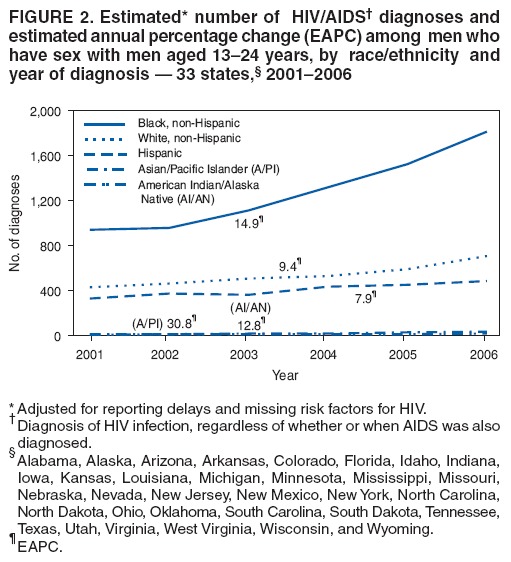Work is kicking my ass the past few days – so haven’t had time to have sex… Hope to get back to breeding ass soon though…
Came across an article today that says that aggressively giving poz guys HAART can reduce new HIV infections by 60%. Years ago when AIDSVax was in clinical trials they were saying they’d consider it an “effective” vaccine if it stopped 30% of HIV infections – so 60% is wildly successful.
The logic here is that if you can have poz guys “shooting blanks” rather than truly “dirty/toxic loads” then the bottom won’t get pozzed. This falls in line with the Swiss statement that having sex with a poz guy with an undetectable viral load is generally “safe”.
So that means poz guys will essentially be taking the “vaccines” to protect negative guys. I have a problem with the implications of that. I’m all for poz guys taking HAART if it is genuinely the best thing for their individual case. But I have a huge problem with them taking potentially harmful medications when they don’t necessarily need them. Many of the long-term survivors that are having problems can trace their problems back to medications they took in th past like AZT. It’s one thing when you take a harmful medication because it’s your only choice and you’re about to die. But it’s completely different when you take something that’s harmful to you in order to protect someone else.
I wouldn’t be against it if the medical profession were honest and said “we need you to take this to protect other people” (perhaps a lover). But I guarantee you that that’s not how it will be communicated. Already aggressive HAART therapy is pretty much the norm right after diagnosis – that’s just going to become even more so. The concept of a poz guy who’s not on meds will be forgotten despite the fact that there many poz guys who have stayed off meds for years and stayed healthy.
Aggressive HAART will become standard practice and no one is going to question it. The concept of a treatment plan that is best for the patient will be thrown out the window. The only way in which it will be honored is to find the meds that the patient can best tolerate and which get his viral load down the lowest.
Why do I feel strongly about this? Years ago I had a well-known neurologist who wanted me to stay on anti-seizure medications for the rest of my life despite the fact that they affected my quality of life and I had never clearly had a seizure. Why? ‘Cause if I blacked out while driving it would affect her liability insurance. By putting me on anti-seizure meds she removed her liability in the matter. [BTW, been off them for years and doing fine…]
I am really skeptical when it comes to doctors – I’ve seen them screw up too many times on me and on loved ones. Medicine is a field which is big on “group think” – contrarians are seen as dangerous… I’d bet money that no doctor will publicly challenge the idea of aggressive HAART therapy as a best practice for treating poz guys…
If you’re poz I’m not saying you shouldn’t take HAART. I’m just saying if you’re “healthy” make your doctor prove to you why you need it. They should be telling you about the particular strain of HIV you have and what they know about that strain and it’s progression in the body. IMO, they should also know whether you have a blocked CCR5 receptor which would make you a slow progressor. In other words, they shouldn’t recommend a lifetime of medications to a healthy person without first doing a huge battery of tests. If your doctor doesn’t like being questioned – find another doctor.
After my lover died I was talking to his social worker. She made a comment that she liked my boyfriend’s doctor personally, but it was weird how all of his patients seemed to die (this was January 1995). He was a high profile doctor who was constantly speaking at conferences and writing papers. She wasn’t sure if he just had some of the worst cases or what… But she knew other, more low-key doctors whose patients had a much better survival rate…
We’re to the point now that people don’t die quickly of HIV. But the decisions you make now may determine whether you live 20 or 40 years. I’m not saying what those decisions should be – just make sure you don’t let someone else make them for you – be actively involved in your treatment plan and be 100% comfortable with your doctor’s decisions.




